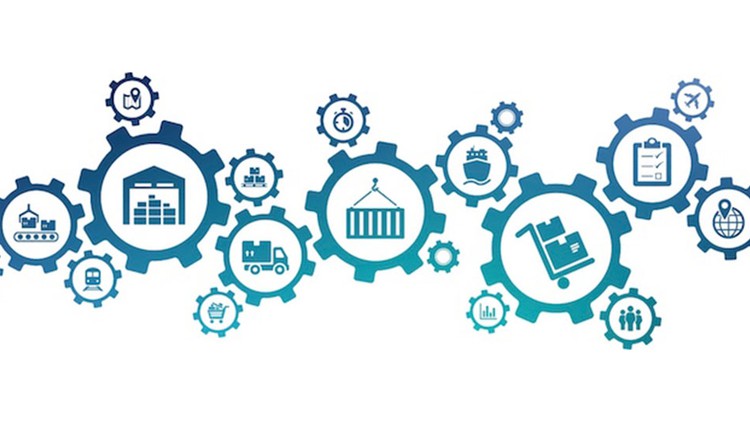
Masterclass For Supply Chain Management
What you will learn
You’ll have a thorough understanding of the role played by the logistics and supply chain function, particularly in terms of its key activities and ultimate aim
You’ll understand the factors involved in facilities location decisions, including costing and scoring models
You’ll discover the best ways to improve purchasing, procurement, and transportation functions by learning how to choose suppliers and cost modes of transport
You’ll discover how to effectively measure and analyse your supply chain performance and operations in order to improve logistics and increase market resiliency
Description
This course is designed to provide you with a comprehensive understanding of the fundamentals of supply chain management.
The course will cover topics such as procurement, transportation, inventory management, and logistics, giving you a solid foundation in the key principles of supply chain management. Through a mix of lectures, case studies, and group exercises, you will learn how to apply these principles to real-world situations.
What is Supply Chain?
A supply chain is a network of organizations, people, activities, information, and resources involved in the creation and delivery of a product or service to customers. It encompasses all the steps involved in bringing a product or service from raw materials to the end user.
A typical supply chain includes several stages, including:
- Raw material acquisition: This involves sourcing raw materials from suppliers.
- Production: This involves manufacturing the product.
- Distribution: This involves transporting the product to warehouses or distribution centers.
- Retail: This involves selling the product to consumers.
- After-sales service: This involves providing support to customers after they have purchased the product.
What are the benefits of pursuing a career in supply chain management?
There are several benefits of pursuing a career in supply chain management. Here are a few:
- High demand: As the global economy continues to grow, there is an increasing need for professionals who can manage the flow of goods and services in the supply chain. This makes supply chain management a highly sought-after career.
- Career advancement opportunities: The supply chain industry offers many opportunities for career advancement, including promotions to higher-level positions and opportunities to work in different parts of the world.
- Diverse career paths: There are a wide range of roles and responsibilities in the supply chain industry, including procurement, logistics, inventory management, transportation, and more. This means that you can find a role that aligns with your interests and strengths.
- Competitive salary: Supply chain management roles often come with competitive salaries and benefits packages, especially for those with experience and expertise in the field.
- Continuous learning: The supply chain industry is constantly evolving, with new technologies and trends emerging all the time. This means that there are always opportunities to learn and grow in your career.
Overall, supply chain management can be a challenging and rewarding career path for those who are interested in logistics, operations, and management. With a growing demand for skilled professionals in the field, there are plenty of opportunities available for those who are willing to learn and work hard.
Whether you are interested in pursuing a career in supply chain management or simply want to enhance your understanding of this critical business function, this course is perfect for you.
Content